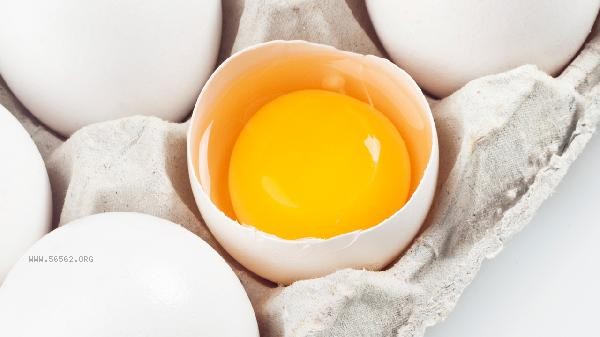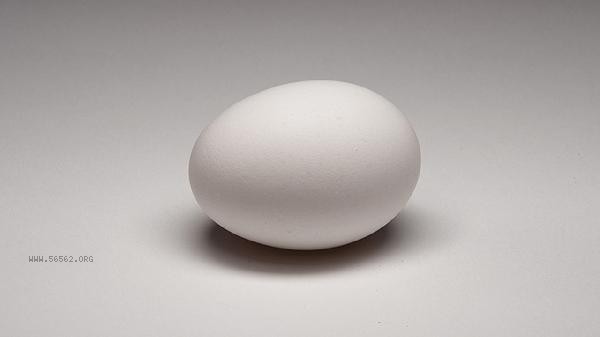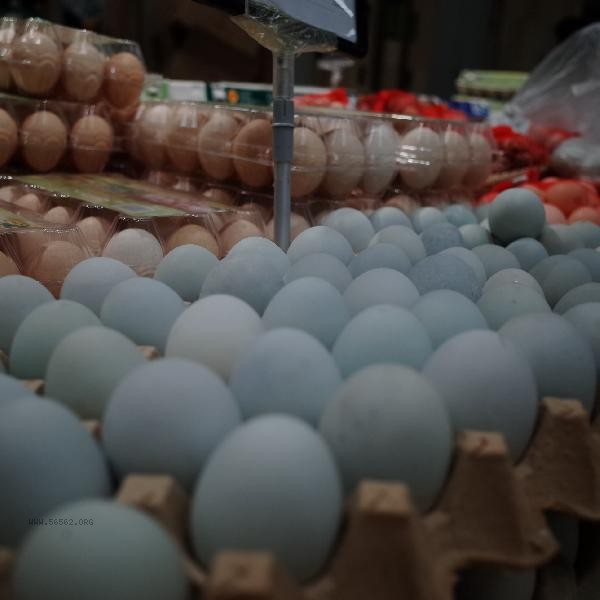Boiling eggs for 8 minutes usually results in a soft and fluffy state where the yolk is solidified but not too hard. The specific time needs to be adjusted based on factors such as egg size, refrigeration status, and altitude.

When using room temperature eggs, boil them over medium heat after adding cold water to the pot. After the water boils, start timing for 8 minutes to achieve the desired effect. At this point, the protein is completely solidified, and the egg yolk appears as a semi flowing paste. Common pathogenic bacteria such as Salmonella have been effectively inactivated. If the eggs have just been taken out of the refrigerator, it is recommended to extend the cooking time by 1-2 minutes or soak them in warm water for 10 minutes in advance to balance the temperature difference. Areas with an altitude exceeding 1000 meters require an increase in cooking time due to a decrease in boiling point.

Some special requirements require time adjustment: The production of fully cooked eggs can be extended to 10-12 minutes, but exceeding 15 minutes will result in the formation of a grayish green layer of ferrous sulfide on the surface of the egg yolk. To make hot spring eggs, the water temperature needs to be controlled at 65-68 degrees Celsius for 40-45 minutes. When using a pressure cooker to cook eggs, holding it for 2-3 minutes after cooking can achieve the effect of traditional cooking method for 8 minutes.

Boiled eggs should be immediately rinsed with cold water or chilled, which can quickly cool down and facilitate peeling, while avoiding residual heat from continuing to heat and affecting the taste. Choosing eggs with higher freshness can reduce the probability of eggshell cracking during cooking, and adding a small amount of salt or white vinegar to water can help solidify the protein. For those with weak digestive function and pregnant women, it is recommended to choose fully cooked eggs. Fitness enthusiasts can choose soft boiled eggs or fully cooked eggs according to their protein absorption needs. Regardless of the cooking method used, it is necessary to ensure that the eggs are thoroughly cleaned of the outer shell to avoid cross contamination during the processing.









Comments (0)
Leave a Comment
No comments yet
Be the first to share your thoughts!